My Personal Instagram Analysis: Baseball Hat Edition
What is your Instagram style?
I was scrolling through my personal Instagram, trying to figure out what to post. I haven't posted since December, which is very concerning for me. I need people to think I have a social life and not stay in on the weekends. All jokes aside, I actually planned on posting some pics with friends from spring break but seeing as we were all on lockdown I couldn't hang with them. As each passing day comes and goes my Instagram becomes more and more like a ghost town. It's ironic because my popular Instagram account has me posting once a day to the point we could consider that my main account! Either way, I noticed that a large majority of my posts have me wearing baseball caps. I always wonder if anyone notices my constant posting of me in baseball hats, no one has ever called me out on it. Seeing all these posts with me in a cap made me self reflect as to why I wear hats?
It all started when I was a little kid. For as long as I can remember, I have worn baseball caps. One of my favorite hats for the longest time was my Cleveland Indians hat that I would wear everywhere. As the years went on and I was forced to take the hats off for school, I remember I would feel a slight bit of emptiness not having my hat on. I especially remember in high school when our student handbook had, IN BOLD, that no baseball hats were allowed on campus! I didn't understand why, but it low-key offended me. There is such a negative stigma against baseball caps in society. But not only are baseball caps shamed but other things like women's leggings or earrings. I've never understood why people are annoyed at what other people wear. This isn't me saying that I should be wearing shorts and a gold necklace to a job interview but it just really irked me that throughout my K-12 years, I was gaslighted into believing someone shouldn't wear baseball hats unless on special occasions. I remember a conversation I had with my mom a few weeks ago. I was heading to a Latino fest at the Union and I was showing my mom my outfit and she asked if hats were allowed in the club. I was confused and she explained how in some bars in Cleveland you aren't allowed to wear a hat. Something about the club not wanting any "thugs" in the club. I was so annoyed to hear that, it sounds like low-key profiling.
I'm glad I'm in college now because no one cares what you wear. And it's not like I dress like a slob either when I wear the hat as well. I pride myself in excellent outfits when I step out of my dorm room. I am usually found in khakis or black jeans with a nice sweater or stylish jacket. You got to make sure you look good even when you're walking to class. Overall, It's relieving to come to the self-realization that baseball caps are not that bad as the world may want you to believe. Everyone needs a style for Instagram and my cap is mine.

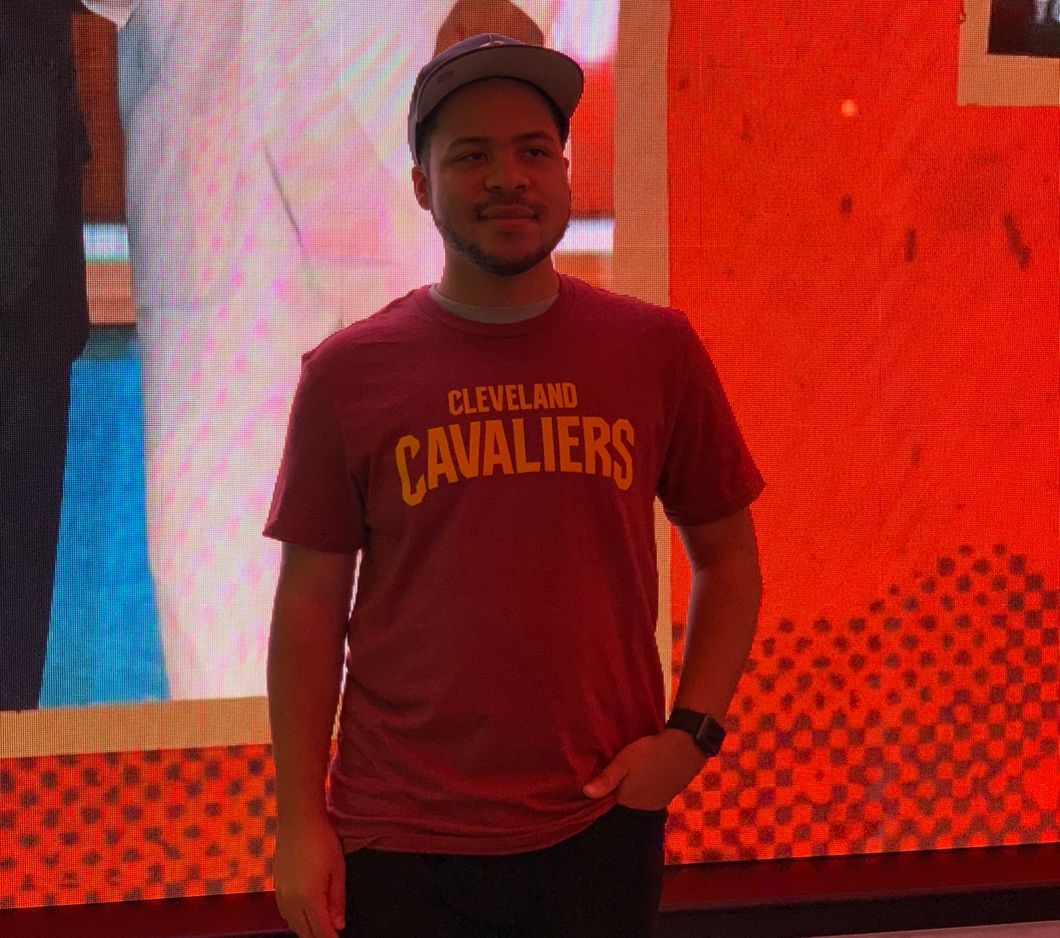
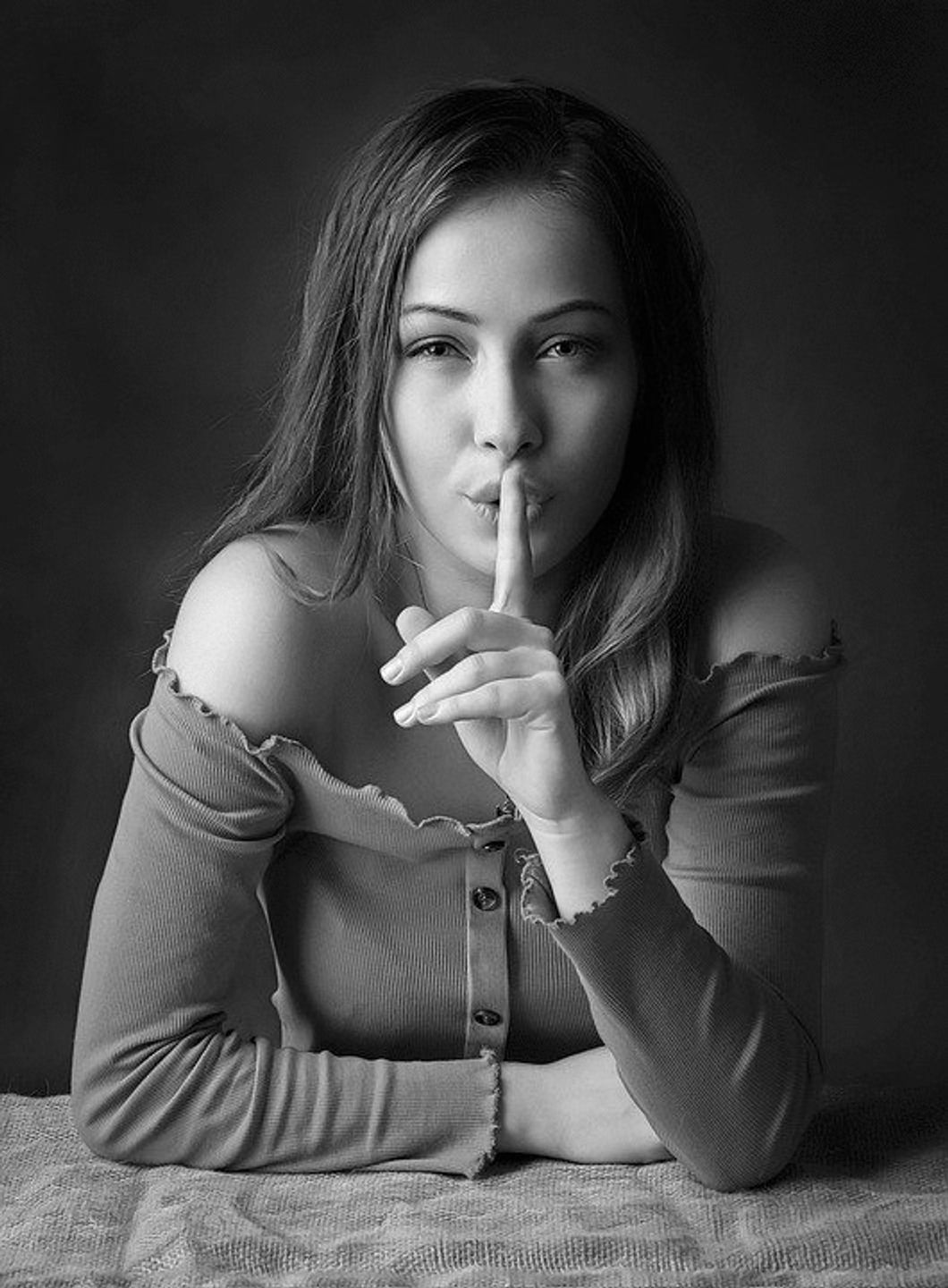





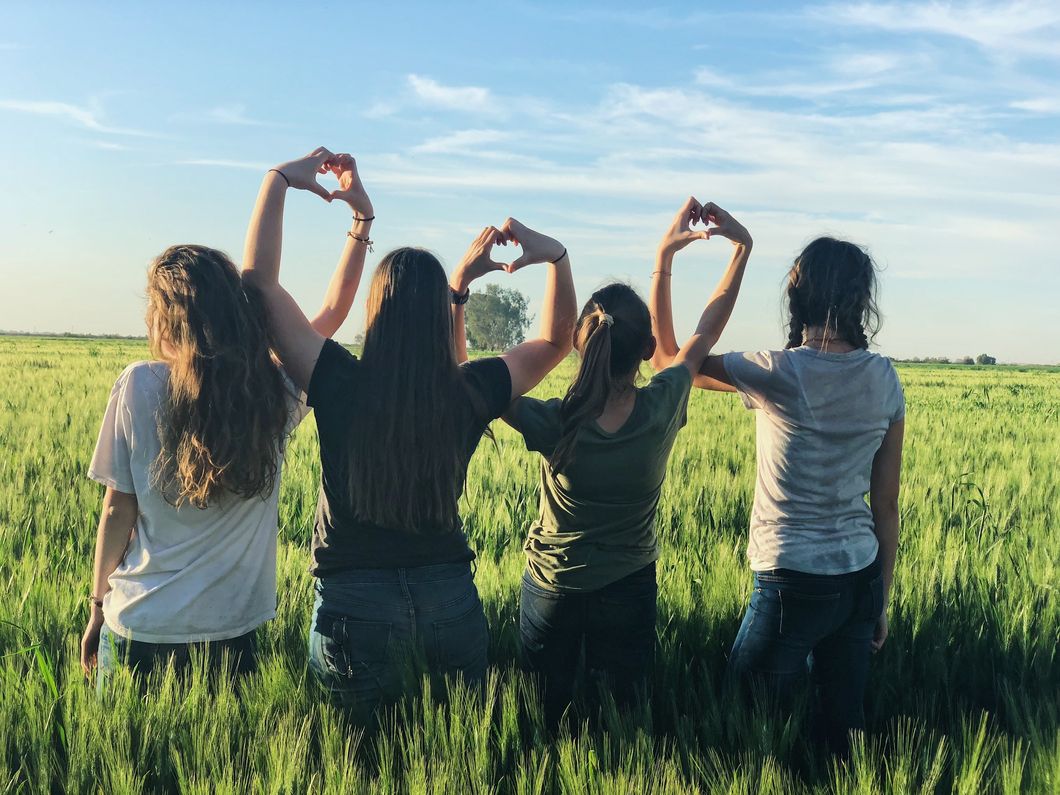
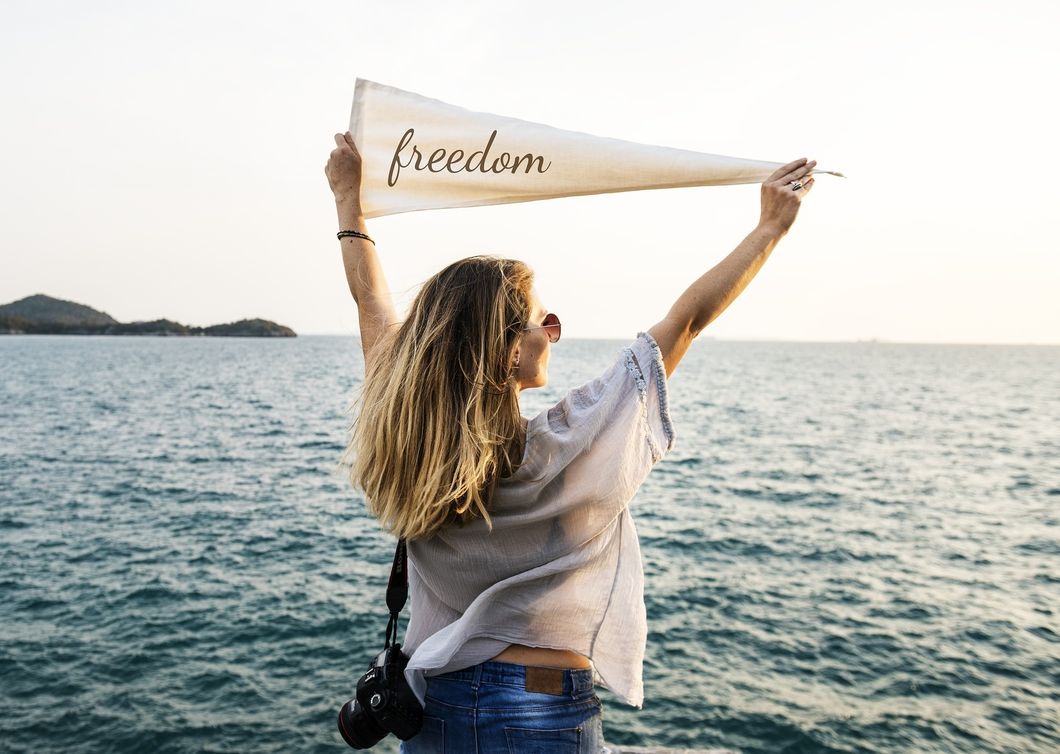
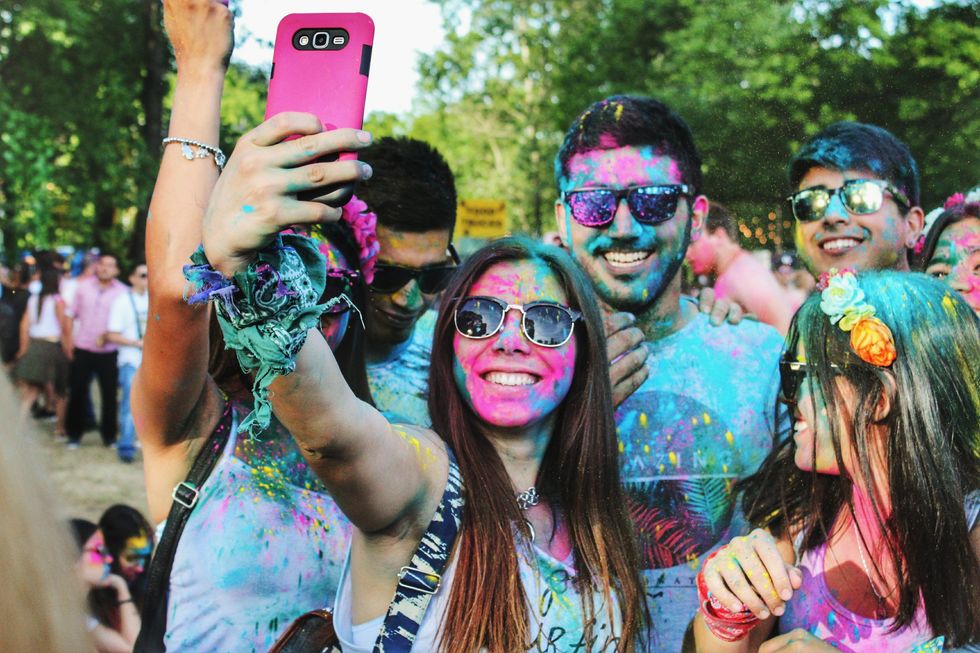




















The Fake World - My Personal Experience On Instagram
Body Dysmorphia, Followers, and Posting Photos—How can Instagram NOT affect my mental health.
The sticker on Kendall Jenner's phone says, "social media seriously harms your mental health." Despite her heavy presence online, she and many others are taking steps towards pointing out the dangers of Instagram, Facebook, Twitter, Snapchat, and other social media.
While it may seem like a source of inspiration, social media (Instagram in particular), seems to be causing people like me more negativity than anything else.
"People like me…", what does this mean? I am a 19-year-old female college student with serious body dysmorphia. By definition, body dysmorphia is "a distinct mental disorder in which a person is preoccupied with an imagined physical defect or a minor defect that others often cannot see." Those with the disorder often perceive themselves as ugly or obsess over ways to improve their physical appearance.
I grew up in the ballet world—one that emphasizes your weight and bases a large amount of success on attaining a specific body type. The ideal silhouette is long, willowy, and malnourished-looking. I have a more muscular build for a ballet dancer. Some days I see myself as a beautiful person on the inside and out, and other days I am the complete opposite.
My body dysmorphia comes and goes, but I know this: every time I open the Instagram app, I become consumed with my physical appearance and attaining the perfect body. I end up in a comparison game that I did not sign up for, obsessing over my imperfections and ultimately feeling unhappy despite all the blessings I have been given.
I initially created an Instagram to follow the trends—everyone at the time (when I was in middle school and high school in the 2010s) had an account and posted cool, artsy photos. I wanted to join in because I liked being behind the camera. Soon enough, however, Instagram started to place emphasis on being in front of the camera and now, seems to be a competition about who can look the best and show the most skin. As someone who is not always comfortable in her own skin no matter the outfit, it becomes quite the struggle to keep up with the followers, likes, comments, and appearance of being confident.
It was not until this year that I started to realize "the fake" in just about every photo on my feed. The "Instagram models," real-life models, and others post constantly because it brings fame, attention, and for some, confidence. I applaud anyone who believes Instagram is a positive in their lives, but many people that I know feel the same way I do—even without explicitly saying so. I am constantly reminding myself that people pay to have their photos edited. There are other apps like Facetune which are designed to alter the real-you into Instagram-you. I believe Instagram is wishful thinking—wishing you really look like what you post. While I take part in the comparison game, comparing every part of my body to famous models, I do not take part in the paid editing game. I do not have apps that will give me a jawline or thinner legs. I do not have an app that will change my face shape. I do not applaud myself on this, as I am more self-conscious than ever and have not posted a photo since February.
However, I am strong enough to know that the fake world on Instagram does not take into account real-life aspects like someone's charisma, personality, voice, behavior, etc. It does not guarantee you friends, likes, or happiness. It is taking a chance to put yourself out there, however you wish. It is up to you to interpret what you see and have a sense of your own self-worth.
With this being said, Instagram does come with some benefits. There are a few brave souls who are not afraid to post un-edited photos and who do bring awareness to the falseness and extreme editing. Instagram also comes with accounts not dedicated to selfies, but that serve as platforms for important causes such as human suffering, pollution of the earth, animal brutality, and the like.
Instagram is overwhelming with its positives and negatives, and it is up to me to decide what to believe and what to perceive as false. I find it helpful to take breaks from the app by logging out. Whenever I do decide to post next, I will do my best to post for ME, thinking about my own well-being and creating a positive message for all.